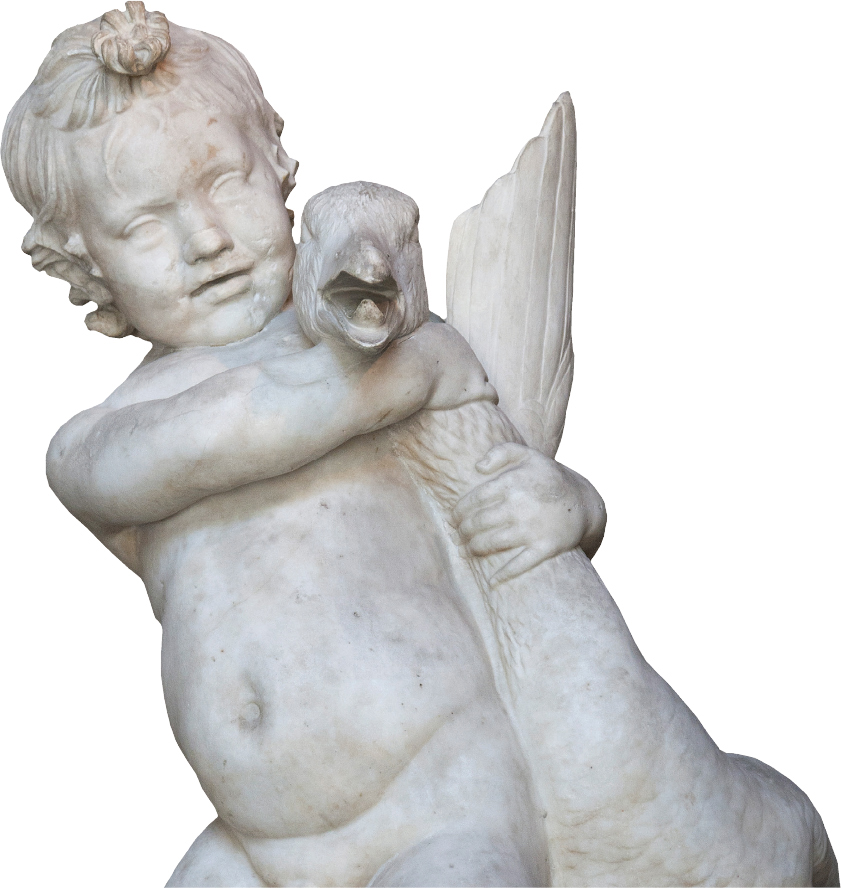Introduction for Chapter 5
5 The Greek Experience 3500–
> What unique contributions did the Greeks make to global culture? Chapter 5 examines the development of ancient Greek civilization. The history of the Greeks can be divided into three broad periods: the Helladic period, which covered the Bronze Age, roughly 3000 B.C.E. to 1200 B.C.E.; the Hellenic period, from the Bronze Age Collapse to the conquest of Greece by Macedonia in 338 B.C.E.; and the Hellenistic period, stretching from the death of Alexander the Great in 323 B.C.E. to the Roman conquest of Egypt in 30 B.C.E. During the Hellenic period, Greeks developed a distinctive form of city-

LearningCurve
After reading the chapter, use LearningCurve to retain what you’ve read.
| ca. 3000– |
499– |
| Helladic period | Persian and Peloponnesian wars |
| ca. 2000– |
323– |
| Minoan and Mycenaean civilizations | Hellenistic period |
| ca. 1200– |
336– |
| Hellenic period | Alexander the Great’s military campaigns |
| ca. 1100– |
323– |
| Greece’s Dark Age; population declines, trade decreases, writing disappears | Civil wars lead to the establishment of the Ptolemaic, Antigonid, and Seleucid dynasties |
| ca. 800– |
168 B.C.E. |
| Archaic age; rise of the polis; Greek colonization of the Mediterranean | Roman overthrow of the Antigonid dynasty |
| ca. 700– |
30 B.C.E. |
| Sparta and Athens develop distinctive political institutions | Roman conquest of Egypt; Ptolemaic dynasty ends |
| ca. 500– |
|
| Classical period; development of drama, philosophy, and major building projects in Athens |